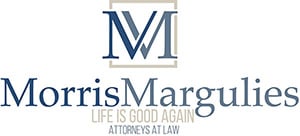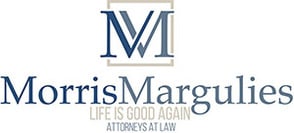Filing for bankruptcy doesn’t necessarily mean that you’ll lose your Maryland home or other assets. However, it will likely cause a significant drop in your perceived creditworthiness. Fortunately, you can take steps to increase your credit score and otherwise rebuild your life after receiving a discharge.
The harm won’t last forever
A Chapter 7 bankruptcy will stay on your credit report for a decade while a Chapter 13 case stays on your credit report for seven years. However, you might be able to get credit again as soon as your discharge goes through. The discharge wipes away your obligation to repay credit card, medical and certain other types of unsecured debt. Although your credit score goes down, your debt-to-income ratio also goes down when this happens. Therefore, creditors may be willing to take a chance on you. Creditors also know that you can’t file for bankruptcy again for several years, which further limits the risk of a future default.
Learn from your mistakes
The most important thing after a bankruptcy is to not repeat the mistakes that caused you to file in the first place. Ideally, you’ll focus on keeping debt to a minimum while building an emergency fund that can last for at least three months. You may also want to create a budget to identify wasteful spending or other ways to live within your means and avoid going into debt again.
Although filing for bankruptcy is a drastic debt relief step, it’s one that you can typically recover from. Furthermore, the automatic stay prevents creditors from calling you, taking assets or taking other collection activities. This can provide you with the mental relief needed to formulate a strategy to either repay your debt over time or to implement a new financial plan.

